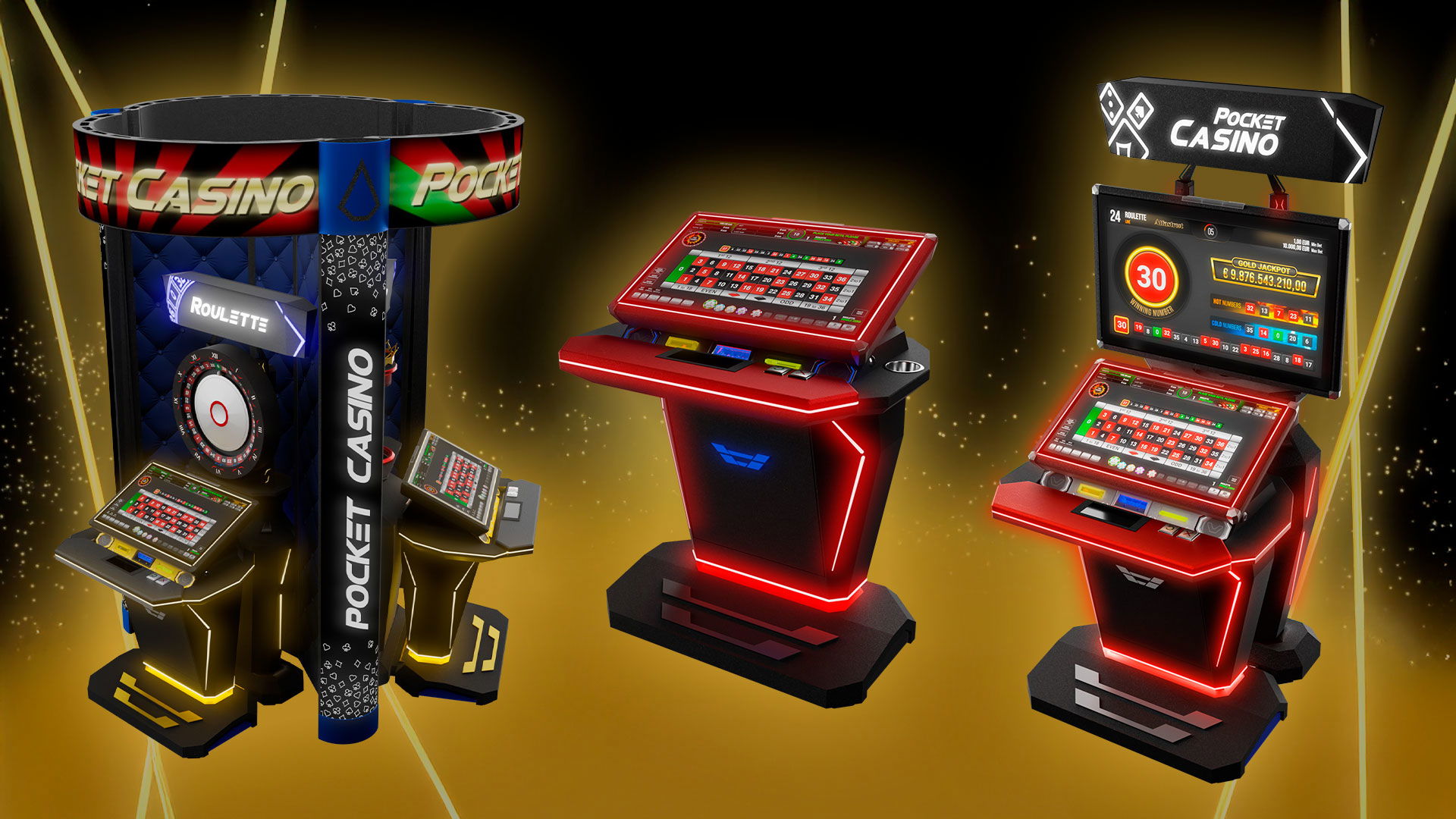Casinos ask state court to shut down Pennsylvania's new iLottery

Pennsylvania casinos asked a court Wednesday to shut down the state’s new iLottery program, arguing the internet-based games simulate slot machines and casino-style gambling in violation of state law.
The complaint against the Revenue Department, which includes the Pennsylvania Lottery, said the iLottery games mimic slot machines found in casinos and online.
"All of the iLottery games feature the same user interface as a slot machine, and have the same interactive appearance, feel and play experience that a player would expect from land-based and online slot machines,” they wrote in a complaint filed in Commonwealth Court. “These features include graphics, animation, suspenseful music, flashing lights, bells or sounds played when combinations are hit, and similar visual and auditory features."
The owners of seven casinos, including Penn National Gaming Inc. and Caesars Entertainment Corp., said the state Gaming Act limits casino games to those who hold a slot machine license and table games certificate.
The casinos argue the iLottery program "is a direct incursion by the state into the exclusive market of the licensed gaming operators."
A Pennsylvania Lottery spokesman said officials had not reviewed the lawsuit.
“It is important to note that Act 42 authorized the lottery’s new games, which are part of an effort to continue delivering to our customers games that they want and where they want while generating the additional funds to stabilize the Lottery Fund and provide vital services to older Pennsylvanians,” said lottery spokesman Gary Miller.
The casinos said the iLottery games allow players who are 18 years old, but casinos can't let anyone gamble under age 21. They say they have spent vast sums on licenses and facilities.
The state began iLottery games in May, with prizes up to $250,000.
The lawsuit says state law allows the Revenue Department to run “internet instant games” but prohibits simulated casino-style lottery games, including slots, poker, blackjack and roulette. The iLottery authorization, the casinos said, permits online “lottery products” but also prohibits simulated casino games.


















































